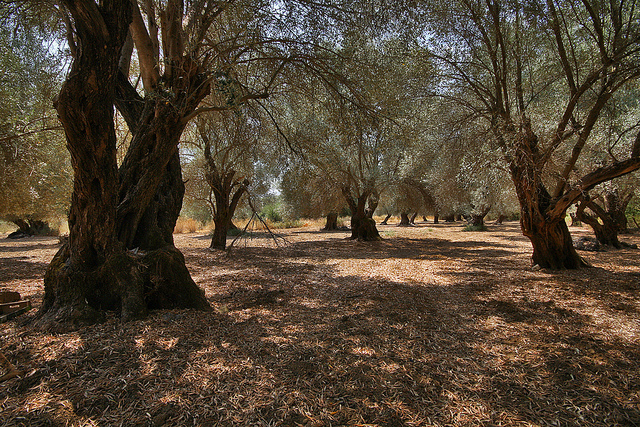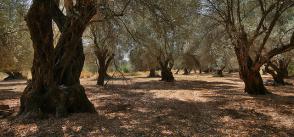
Project in Greece Converts Olive Cultivation Into a Climate Management Too
For four years, the oLIVE CLIMA Project in Greece has tackled challenges posed by climate change in the Mediterranean by introducing innovative techniques to convert olive cultivation into a climate management tool.
Since October 2012, olive groves in the most fertile prefectures of Heraklion (E.A.S Peza), Lassithi (E.A.S. Mirabello) and Messinia (O.P. Nileas) in Southern Greece have partaken of an ecological experiment under the auspices of the European Union.
Most techniques are indeed applicable and reap immediate, visible, and positive financial benefits.
(George Michalopoulos, oLIVE CLIMA agronomist)
The oLIVE CLIMA Project has been an effort to guide the Greek agricultural sector toward effectively tackling the most dramatic challenges climate change poses on the wider Mediterranean region by converting olive cultivation into a climate management tool.
With a budget of €3.65 million (funded by the Life Program of the EU), oLIVE CLIMA set the environmental bar high from the outset, and saw positive results in the process, as three of its chief scientists explained to Olive Oil Times.
The project aims to reduce greenhouse gases emissions, increase carbon dioxide capture, reverse the trend of soil organic matter losses, boost fertility and water retention in olive grove soil, provide farmers and consumers with a transparent information system about the environmental performance of food production processes, lower the overall olive oil production cost and create added value from the standardization of climate-friendly products.
Read the full article by Stav Dimitropoulos via Oilve Oil Times.
[Photo by Miguel Virkkunen Carvalho | Flickr]







